Performance Marketing Vs Digital Marketing: Get To Know Which Is Right For You?
Welcome to the exciting world of digital marketing! Today, we’re diving into the intriguing comparison of Performance Marketing vs Digital Marketing. 🚀
If you’ve ever wondered how businesses promote their products or services online, you’ve come to the right place! Performance Marketing vs Digital Marketing, let’s explore what makes them different and how they work hand in hand.
Are you ready to unlock the secrets of these two powerful marketing strategies? Join us as we embark on this journey together. Let’s get started! 💪
Comparing Performance Marketing and Digital Marketing, here are five key features:
| Targeting | Performance Marketing focuses on reaching specific audiences with personalized messages, while Digital Marketing utilizes broader targeting methods. |
| Measurability | Performance Marketing provides extensive data and analytics to measure campaign success, whereas Digital Marketing offers limited insights. |
| Cost Structure | Performance Marketing allows you to pay for specific actions or conversions, while Digital Marketing often involves upfront costs. |
| Results Orientation | Performance Marketing focuses on achieving tangible results and ROI, while Digital Marketing often emphasizes brand awareness. |
| Flexibility | Performance Marketing enables quick adjustments and optimization based on real-time data, while Digital Marketing can be more rigid. |
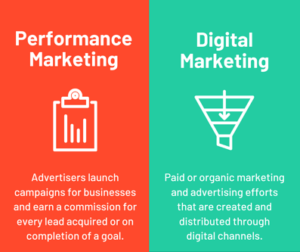
Key Takeaways – Performance Marketing Vs Digital Marketing
– Performance marketing focuses on driving specific actions and measurable results, while digital marketing encompasses a broader range of strategies and tactics.
– Performance marketing relies heavily on data analysis and optimization to maximize campaign effectiveness.
– Digital marketing includes various channels such as social media, email marketing, and content marketing to build brand awareness and engage with the audience.
– ROI (Return on Investment) is a key metric in performance marketing, while digital marketing emphasizes building long-term relationships with customers.
– Both performance marketing and digital marketing play crucial roles in today’s digital landscape, and businesses often use a combination of both strategies for maximum impact.
Comparing Performance Marketing Vs Digital Marketing
Performance marketing and digital marketing are two effective strategies used by businesses to reach their target audience and achieve marketing goals. While both approaches utilize digital channels and techniques, they differ in their focus and approach. In this article, we will explore the key features, user experience, pros and cons, price points, and ultimately, determine which marketing approach is better – Performance Marketing or Digital Marketing.
Overview of Performance Marketing
Performance marketing is a results-driven approach that focuses on achieving specific goals, such as lead generation, sales, or website traffic. It involves paying only for the desired outcome, such as a click, sale, or conversion. Performance marketing campaigns are often centered around a clear call to action and are highly measurable, allowing businesses to track the success of their campaigns. This type of marketing is commonly used in affiliate marketing, pay-per-click (PPC) advertising, and influencer marketing.
Overview of Digital Marketing
Digital marketing, on the other hand, encompasses a broader range of marketing activities conducted through digital channels. It includes various strategies such as search engine optimization (SEO), social media marketing, email marketing, content marketing, and more. Digital marketing aims to build brand awareness, engage with the target audience, and create a strong online presence. It focuses on the entire customer journey, from initial brand discovery to post-purchase engagement.
Key Features Compared
In this section, we will dive deeper into specific features of performance marketing and digital marketing and compare the two approaches.
1. Measurability
Performance Marketing:
Performance marketing is highly measurable, allowing businesses to track the success of their campaigns in real-time. Key performance indicators (KPIs) such as click-through rates, conversion rates, and return on ad spend (ROAS) provide valuable insights into the effectiveness of the marketing efforts. This data-driven approach enables marketers to optimize campaigns and allocate budgets based on performance.
Digital Marketing:
Digital marketing also offers measurability, but it encompasses a broader range of metrics and KPIs. In addition to tracking campaign performance, digital marketers analyze website analytics, social media engagement, email open rates, and other customer interactions. This comprehensive measurement allows businesses to gain a holistic view of their online presence and make data-driven decisions.
2. Targeting
Performance Marketing:
Performance marketing allows for highly targeted campaigns. Marketers can select specific demographics, interests, locations, and behaviors to reach the desired audience. This level of targeting enhances the efficiency of campaigns and ensures that the message is delivered to the right people at the right time.
Digital Marketing:
Digital marketing also offers advanced targeting options. Platforms like Facebook and Google Ads provide robust targeting capabilities, allowing marketers to narrow down their audience based on various criteria. In addition, digital marketers utilize techniques such as retargeting, where ads are displayed to people who have previously interacted with the brand, increasing the chances of conversion.
3. Cost Structure
Performance Marketing:
Performance marketing operates on a pay-for-performance model. Advertisers only pay when a specific action, such as a click or sale, is achieved. This cost structure ensures that marketing budgets are spent efficiently, as businesses only pay for actual results. However, the cost per action may be higher compared to other forms of digital marketing.
Digital Marketing:
Digital marketing costs can vary significantly depending on the chosen channels and strategies. While some channels, like social media, offer low-cost or even free options, others, such as search engine advertising, can be more expensive. Digital marketing typically involves ongoing costs, such as ad spend, content creation, and campaign management.
User Experience
When it comes to user experience, both performance marketing and digital marketing can deliver positive results, but with different approaches.
Performance Marketing:
Users engaging with performance marketing campaigns often have a clear call to action, such as signing up for a newsletter, making a purchase, or filling out a form. The user experience is focused on guiding the user through the desired action, with clear messaging and easy-to-use landing pages. However, some users may find the emphasis on direct response advertising intrusive or sales-driven.
Digital Marketing:
Digital marketing aims to create a seamless user experience throughout the customer journey. From the initial stages of brand discovery to the post-purchase engagement, digital marketing offers various touchpoints to interact with the audience. This approach focuses on building brand loyalty, providing valuable content, and nurturing relationships with customers. However, some users may find digital marketing efforts overly promotional or impersonal.
Pros and Cons
Now let’s take a look at the pros and cons of both performance marketing and digital marketing.
Performance Marketing:
Pros:
– Highly measurable and results-driven.
– Pay-for-performance model ensures efficient use of marketing budget.
– Targeted campaigns reach the desired audience.
– Scalable and adaptable to different business goals.
Cons:
– May have higher cost per action compared to other digital marketing strategies.
– Strong emphasis on direct response advertising may be perceived as intrusive.
– Limited focus on brand building and customer nurturing.
Digital Marketing:
Pros:
– Comprehensive approach to building brand awareness and engagement.
– Multiple touchpoints to interact with the audience.
– Provides opportunities for content creation and storytelling.
– Can be tailored to various marketing and business goals.
Cons:
– Requires ongoing investment in content creation and campaign management.
– Measuring the impact across multiple channels can be complex.
– Over-promotion or impersonal approaches may alienate some users.
Price Comparison
When comparing the price points of performance marketing and digital marketing, it’s important to consider the specific strategies and channels used. Performance marketing typically involves paying for specific actions, which can vary in cost depending on the industry and competition. Digital marketing costs can range from minimal expenses, such as social media management, to more substantial investments in SEO, paid advertising, and content creation. Ultimately, the price points will depend on the goals, target audience, and desired outcomes of the marketing efforts.
Comparison Table: Performance Marketing Vs Digital Marketing
Feature Performance Marketing Digital Marketing
Measurability Highly measurable with specific performance indicators. Comprehensive measurement across various metrics and KPIs.
Targeting Highly targeted campaigns based on demographics, interests, and behaviors. Advanced targeting options with the ability to retarget previous interactions.
Cost Structure Pay-for-performance model with costs based on specific actions. Variable costs depending on chosen channels and strategies.
User Experience Focused on guiding users through specific actions. Seamless user experience throughout the customer journey.
Pros Highly measurable and results-driven. Efficient budget allocation. Comprehensive approach to building brand awareness. Multiple touchpoints for audience interaction.
Cons May have a higher cost per action. Limited focus on brand building. Requires ongoing investment in content creation. Measuring impact across multiple channels can be complex.
Which is better – Performance Marketing Vs Digital Marketing?
Both performance marketing and digital marketing have their unique advantages and suit different marketing goals. The choice between the two ultimately depends on the specific needs and objectives of your business. However, considering the holistic approach and broader range of strategies, digital marketing may be the better choice for most businesses.
Here are three reasons why digital marketing may be the preferred option:
1. Brand Development: Digital marketing allows businesses to build brand awareness, engage with the audience, and create a strong online presence. It focuses on nurturing relationships with customers and establishing brand loyalty, which can lead to long-term success.
2. Comprehensive Measurement: Digital marketing offers a more comprehensive measurement framework, allowing businesses to track the impact across various channels and touchpoints. This data-driven approach provides valuable insights for optimizing campaigns and making informed decisions.
3. Flexibility and Adaptability: Digital marketing encompasses a wide range of strategies and techniques, providing flexibility to adapt to changing market conditions and audience preferences. Businesses can tailor their digital marketing efforts to specific goals and leverage different channels to reach their target audience effectively.
In conclusion, while performance marketing can deliver specific results and is ideal for focused campaigns, digital marketing offers a more holistic approach and greater potential for long-term success. By utilizing various strategies and channels, businesses can create a strong online presence, engage with the audience, and achieve their marketing objectives.
Frequently Asked Questions
In the world of marketing, there are different strategies and approaches that businesses can utilize to promote their products or services. Two commonly used methods are performance marketing and digital marketing. Although they may sound similar, they have distinct characteristics. In this FAQ section, we’ll explore the differences between performance marketing and digital marketing.
1. How does performance marketing differ from digital marketing?
Performance marketing and digital marketing are two different approaches to achieving marketing goals. Digital marketing encompasses a broader range of strategies and techniques used to promote products or services online, such as search engine optimization, social media marketing, email marketing, and content marketing.
On the other hand, performance marketing is more focused on specific metrics and desired actions. It uses targeted advertising and affiliate marketing to drive specific outcomes, such as clicks, conversions, or sales. Performance marketing relies heavily on data analysis to optimize campaigns and achieve measurable results.
2. Which approach is more cost-effective for businesses?
The cost-effectiveness of performance marketing versus digital marketing depends on the specific goals and budget of the business. Digital marketing often requires a more significant investment upfront, as businesses need to allocate resources for various strategies and platforms. It can be a long-term investment that builds brand awareness and drives organic traffic over time.
On the other hand, performance marketing allows businesses to pay for specific results, such as clicks or conversions. This pay-per-performance model can be more cost-effective for businesses that want immediate results or have limited budgets. By focusing on specific actions, businesses can allocate their resources more efficiently and track the return on investment more precisely.
3. Which approach provides better targeting options?
Both performance marketing and digital marketing offer targeting options, but they differ in their approach. Digital marketing provides a wide range of targeting options across various platforms. For example, businesses can target specific demographics, interests, behaviors, and geographic locations through social media advertising or search engine marketing.
Performance marketing, on the other hand, focuses on more granular and specific targeting. It leverages data analysis to identify the most likely customers to perform desired actions, such as making a purchase or filling out a form. By partnering with relevant affiliates or utilizing targeting algorithms, performance marketing can often provide more precise targeting options to reach the right audience.
4. Can performance marketing and digital marketing be used together?
Absolutely! In fact, many businesses combine performance marketing and digital marketing strategies to maximize their results. Digital marketing helps build brand awareness and visibility, while performance marketing can drive specific actions and conversions.
Businesses can utilize digital marketing channels, such as content marketing or SEO, to attract and engage potential customers. Once they have built an audience, they can implement performance marketing strategies, like targeted ads or affiliate partnerships, to convert those engaged users into customers. The combination of both approaches allows businesses to create a comprehensive marketing strategy that covers all aspects of the customer journey.
5. Which approach is better for measuring the success of marketing campaigns?
Both performance marketing and digital marketing offer ways to measure campaign success. However, performance marketing tends to be more focused on specific metrics and outcomes. Because it relies heavily on data analysis and tracking, performance marketing provides businesses with more precise insights into the effectiveness of their marketing efforts.
Digital marketing, on the other hand, often focuses on broader metrics, such as website traffic, engagement, or brand visibility. While these metrics are essential for measuring the overall impact of digital marketing campaigns, performance marketing can provide more direct and actionable data, such as the number of conversions or the cost per acquisition. Ultimately, the choice between the two approaches depends on the specific goals and objectives of the business.
Performance Marketing vs Digital Marketing 🤯
Summary
So, to sum it all up, performance marketing and digital marketing are both important strategies for businesses to reach their target audience online.
Performance marketing focuses on specific actions like clicks and purchases, while digital marketing encompasses a wider range of tactics like social media and content marketing.
Both approaches have their advantages. Performance marketing allows businesses to track and optimize their return on investment, while digital marketing helps in building brand awareness and creating a strong online presence.
However, it’s important to consider the goals and budget of your business when deciding which strategy to use.
Remember, performance marketing is more results-oriented and suitable for businesses looking for immediate ROI, whereas digital marketing is great for long-term growth and relationship-building with customers.
By using a combination of both strategies, businesses can create an effective online marketing campaign that drives results and builds a strong brand presence.
So, whether you’re focused on immediate sales or long-term growth, the key is to understand your target audience and their needs, and tailor your marketing efforts accordingly.
In today’s digital age, having a solid marketing strategy is crucial for any business looking to succeed and thrive online. So go ahead and take the first step towards reaching your target audience and achieving your business goals through performance marketing and digital marketing.
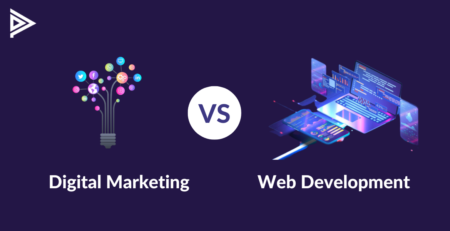
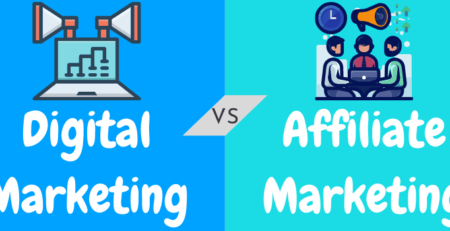


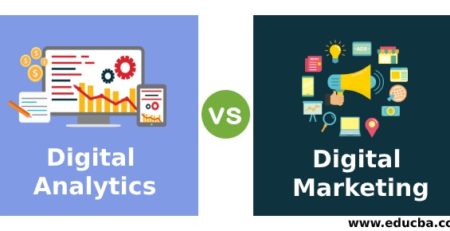
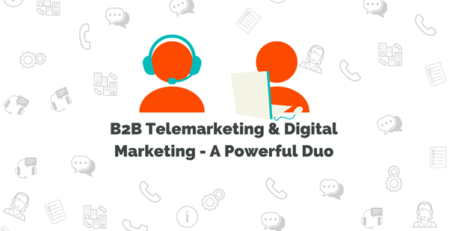
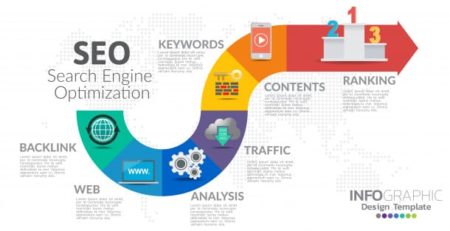
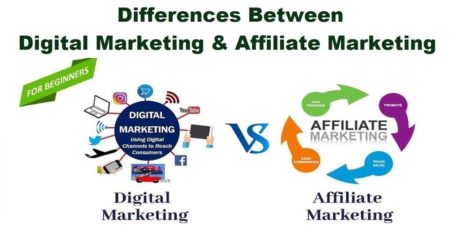
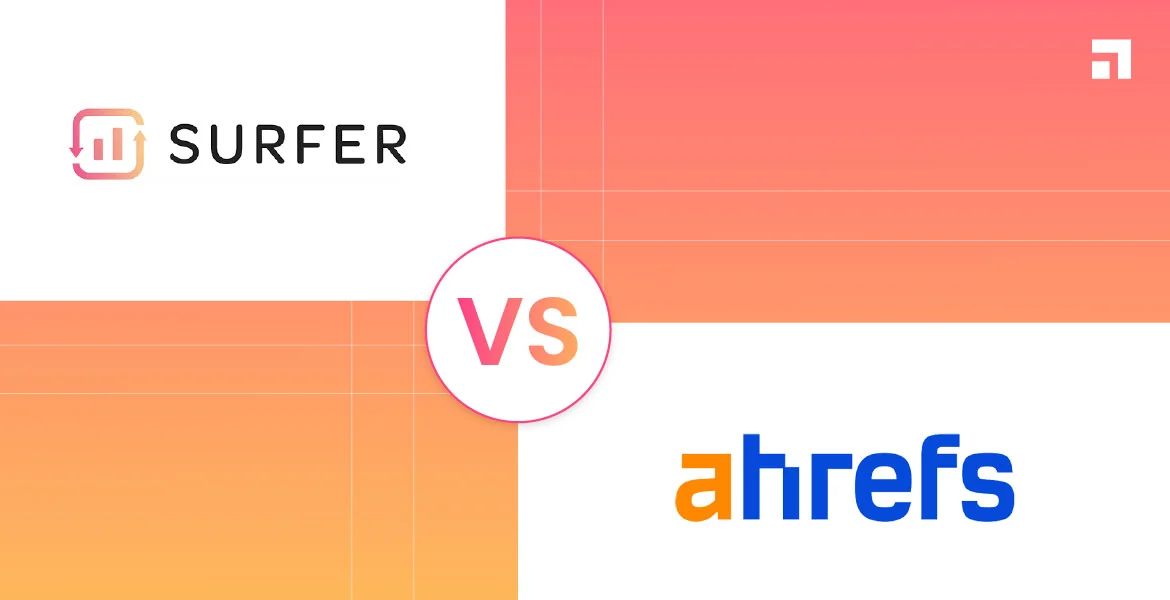

Leave a Reply